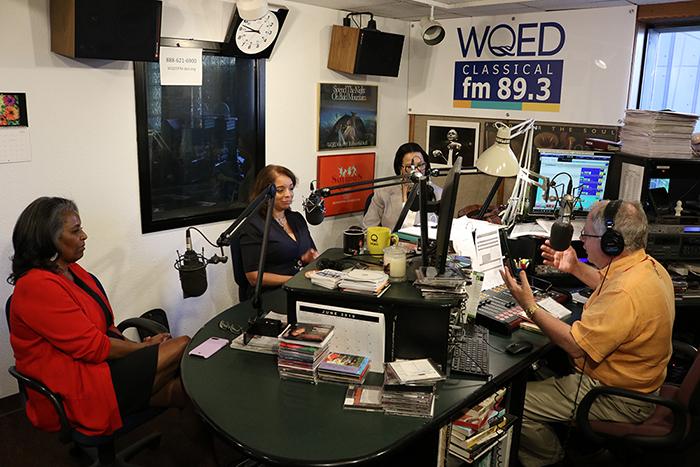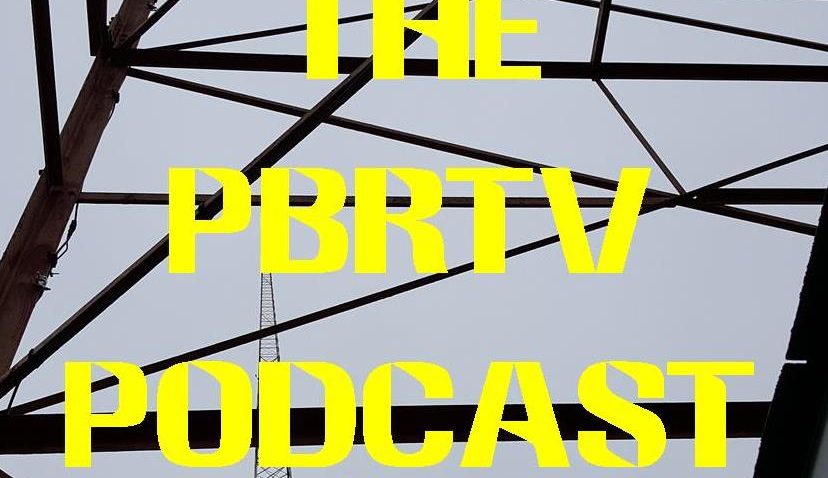WQED-FM hits 50!
January 25, 2023When dedicated listeners tune in to WQED-FM (89.3) on Wednesday (1/25) between 7:00 a.m. and 6:00 p.m., you will hear announcers Jim Cunningham and Anna Singer celebrating the station’s 50th Anniversary. They will broadcast from the WQED Concourse where the station held it’s initial broadcast on January 25, 1973.
WQED was not the first station on 89.3 in Pittsburgh. In fact it was the original home of WDUQ, the area’s first station on the non-comm end of the FM dial in 1949 with just 10 watts. Six months later DUQ would move to 91.5 until it moved to 90.5 in 1969.
WQED-FM has prided itself as a classical station for its entire 50 year span, although in recent years cut backs in personnel have led much of the non-drive time programming to be supplied via national feeds as well as NPR and PRX produced/distributed feature programming.
Cunningham has been with the station for over 40 years having taken over the mornings from Jack Sommers who, along with his wife Ceci, moved to Pittsburgh from Chicago in the early 1970s exclusively to bring QED-FM to the air. Cunningham also hosts The Pittsburgh Symphony Radio program which is distributed to other stations in the country.
The Sommers remained with the station until Jack’s death in the late 1970s after which Mrs. Sommers remained for another 20 or so years until her retirement, but still showed up for pledge drives and other special occasions. Mrs. Sommers passed away in 2021.
QED has dedicated a page on their website to the celebration with photos and even an audio recording from the first broadcast of WQED-FM at Noon on January 25, 1973 with words from then board chair, Leland Hazard.
In the 1990s, WQED set up an FM translator at W210AQ (89.9) eventually developing full-power WQEJ (3 kW) at 89.7 in Johnstown. The station has broadcast in high definition and has an HD2 signal featuring broadcasts and recordings of local musical groups and orchestras. WQED-FM is also the Pittsburgh radio market’s FM Emergency Alert System primary station, with KDKA representing the AM.



Congratulations to WQED-FM; continuing to keep niche programming over the air! A general broadcasting question (and no slight to WQED): aside from music licensing fees and other content related charges (including labor), how much does it cost to put an HD-2 channel on the air ? Does adding an HD-subchannel reduce the range of the primary channel? Thanks for the insight!